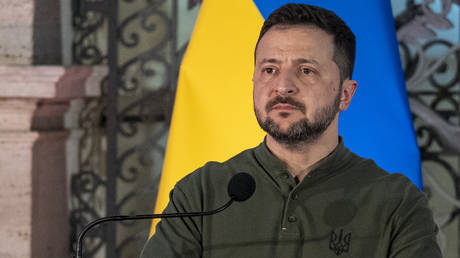ARTICLE AD BOX
Uniqlo doesn't use cotton from China's Xinjiang region to make its products, Tadashi Yanai, the chief executive of Fast Retailing, the company behind the global fashion chain, has said. "We're not using (cotton from Xinjiang)," Yanai said in Tokyo. "By mentioning which cotton we're using..." he continued but paused and concluded, "Actually, it gets too political if I say anymore so let's stop here".
Although cotton from Xinjiang is considered among the best fabrics around the world, it fell out of favour after it came to light that the Muslim Uyghur minority was pushed into forced labour to produce it, BBC reported.
China stands as a crucial market for Uniqlo from both customers' points of view and as a major manufacturing hub.
Earlier, tough regulations from the US came into effect on the import of goods from China's Xinjiang region.
In recent times, several global companies have removed products made using cotton from Xinjiang from their shelves. This ultimately led to a fierce backlash in China where big names such as Nike, Adidas, H&M, Nike, Burberry and Esprit were boycotted.
H&M witnessed its clothes removed from major e-commerce stores in China.
Addressing the issue then, Yanai, who is the richest man in Japan, refused to deny or confirm whether Uniqlo was using cotton from Xinjiang. He simply said he wanted to be "neutral between the US and China".
As a result, his decision helped the Japanese brand to remain quite popular in the retail market of China.
While Uniqlo expands its business in Europe and the US, Yanai said, "We are not a known brand globally," adding that Asia remains its biggest market.
As far as the company's presence in China is concerned, it has more stores in the country than Japan, its home country. And Yanai said he was not planning to change that strategy despite the challenges in the second-biggest economy in the world.
He said that while there are 1.4 billion people in China, they only have 900 to 1,000 stores there. "I think we can increase that to 3,000," he added.
Apart from China, the company also makes clothes in India, Bangladesh, Vietnam and Indonesia.
.png)
 2 hours ago
2
2 hours ago
2








 English (US)
English (US)